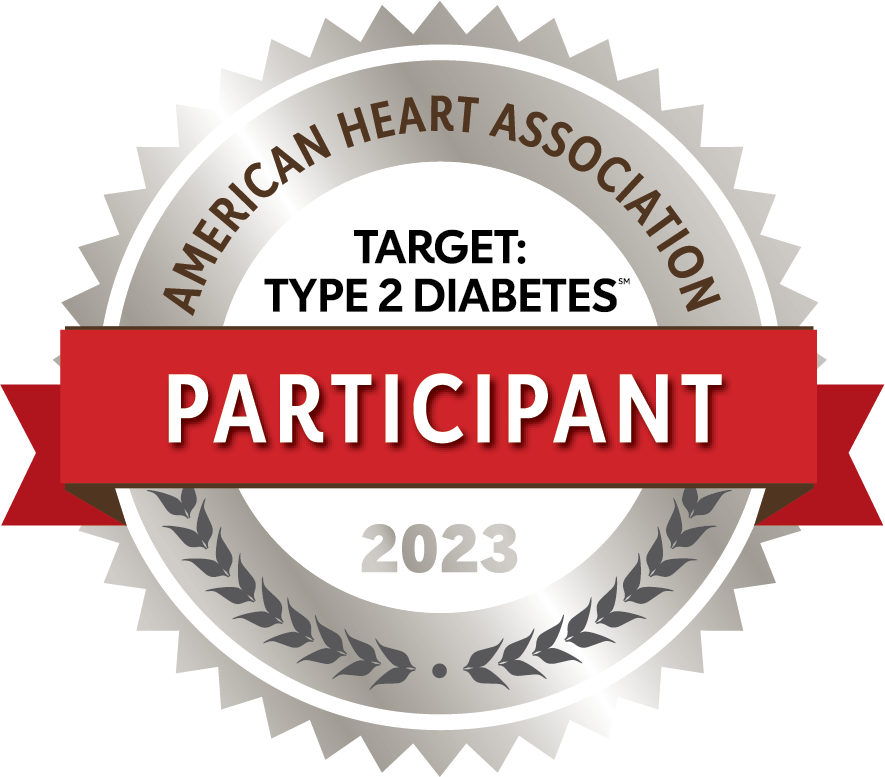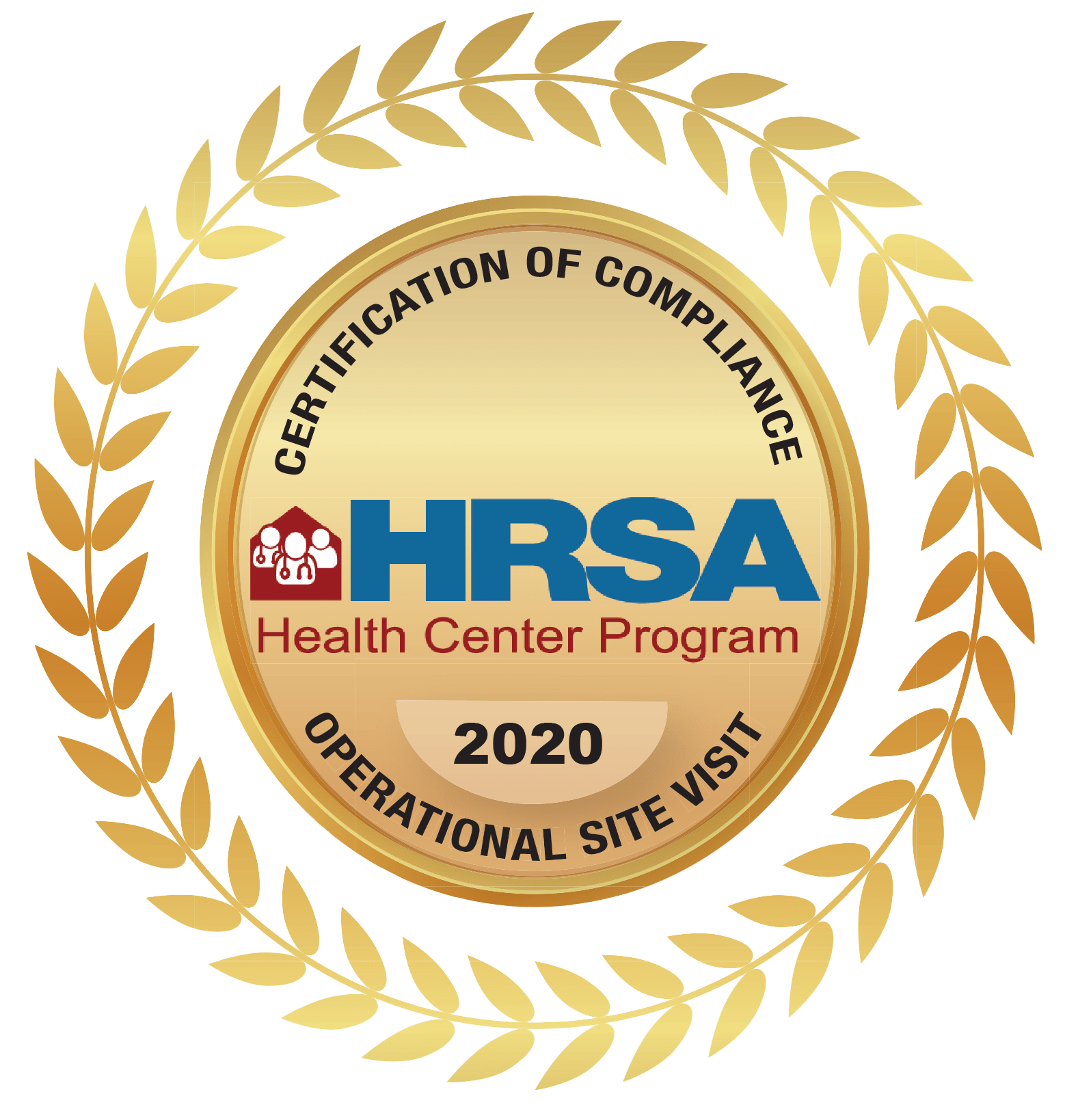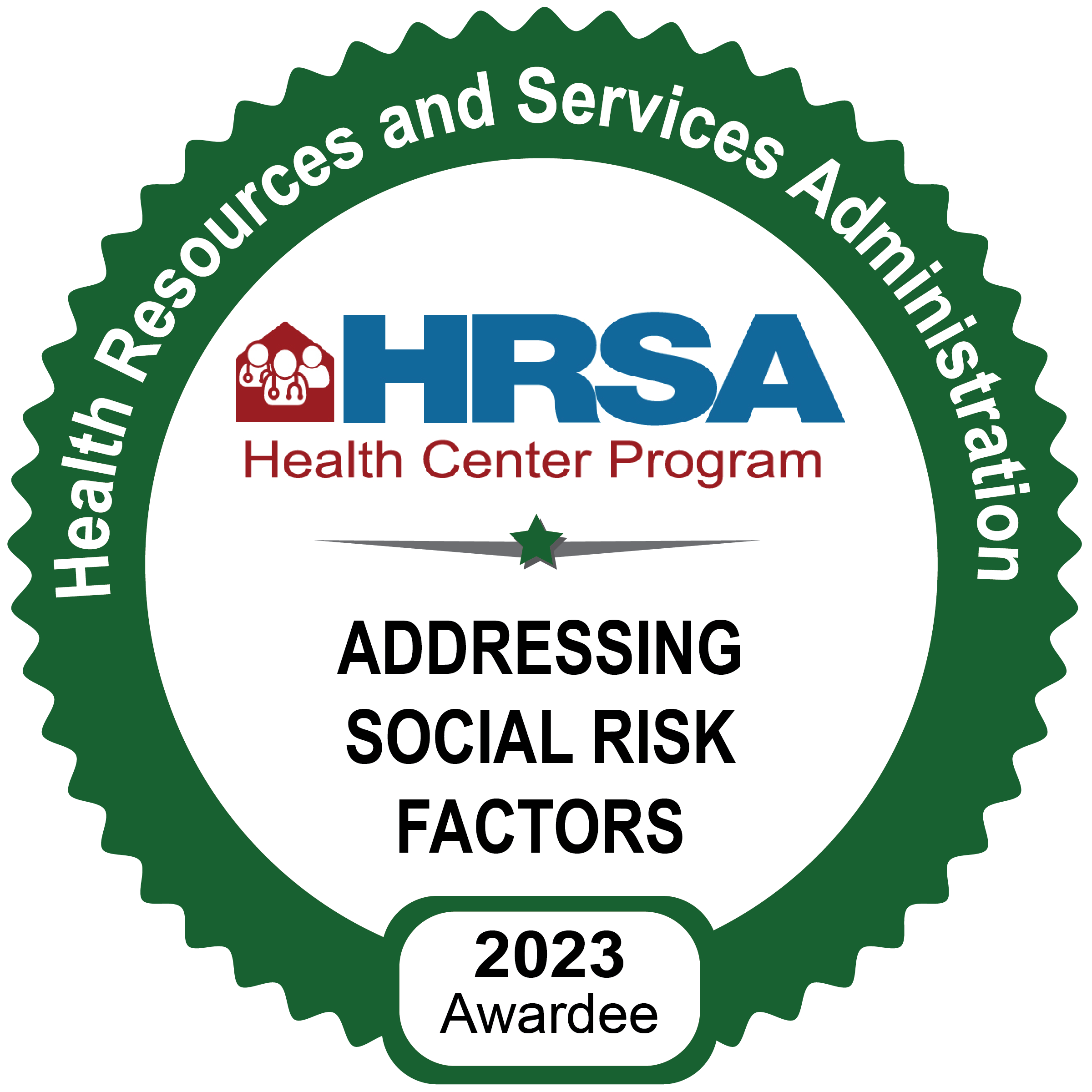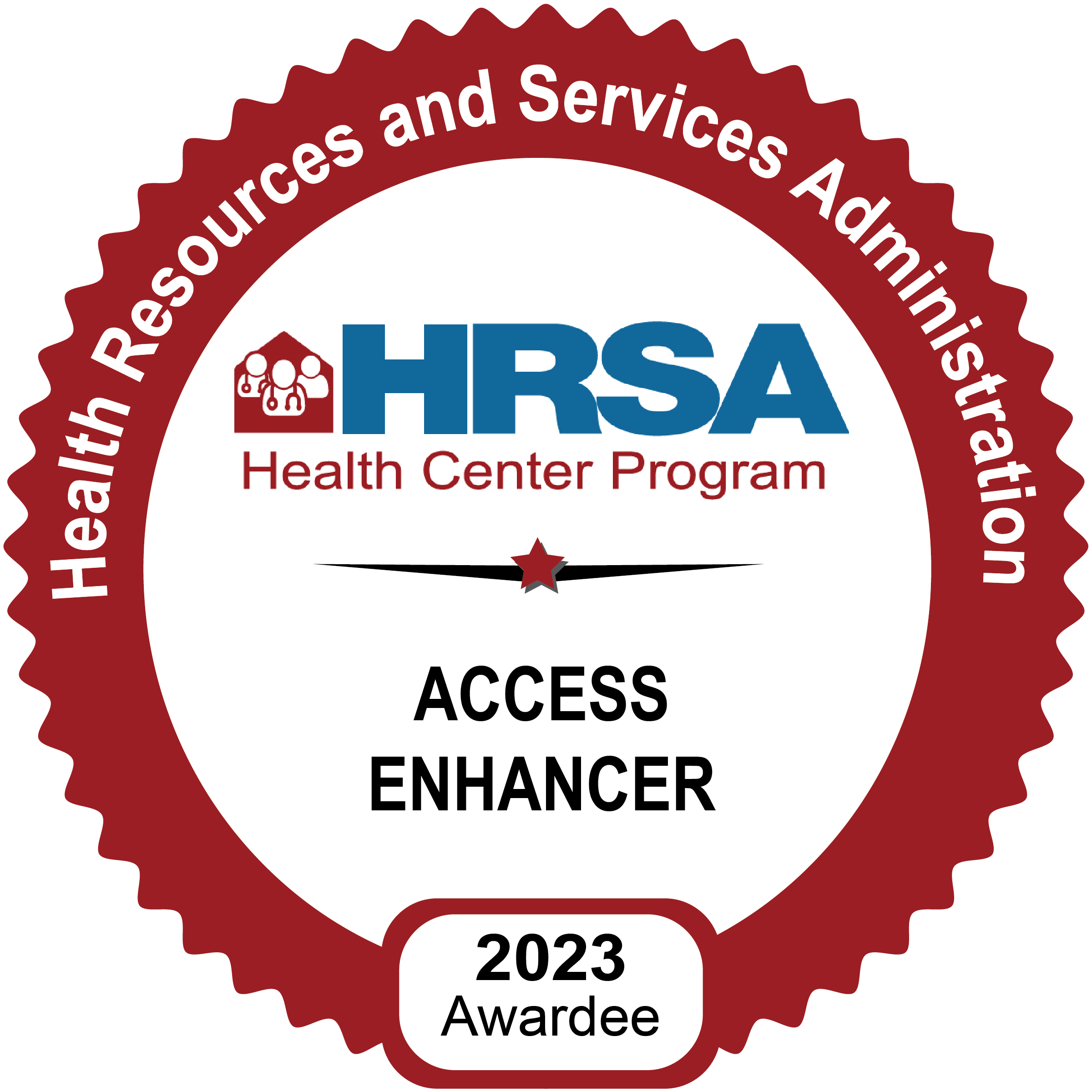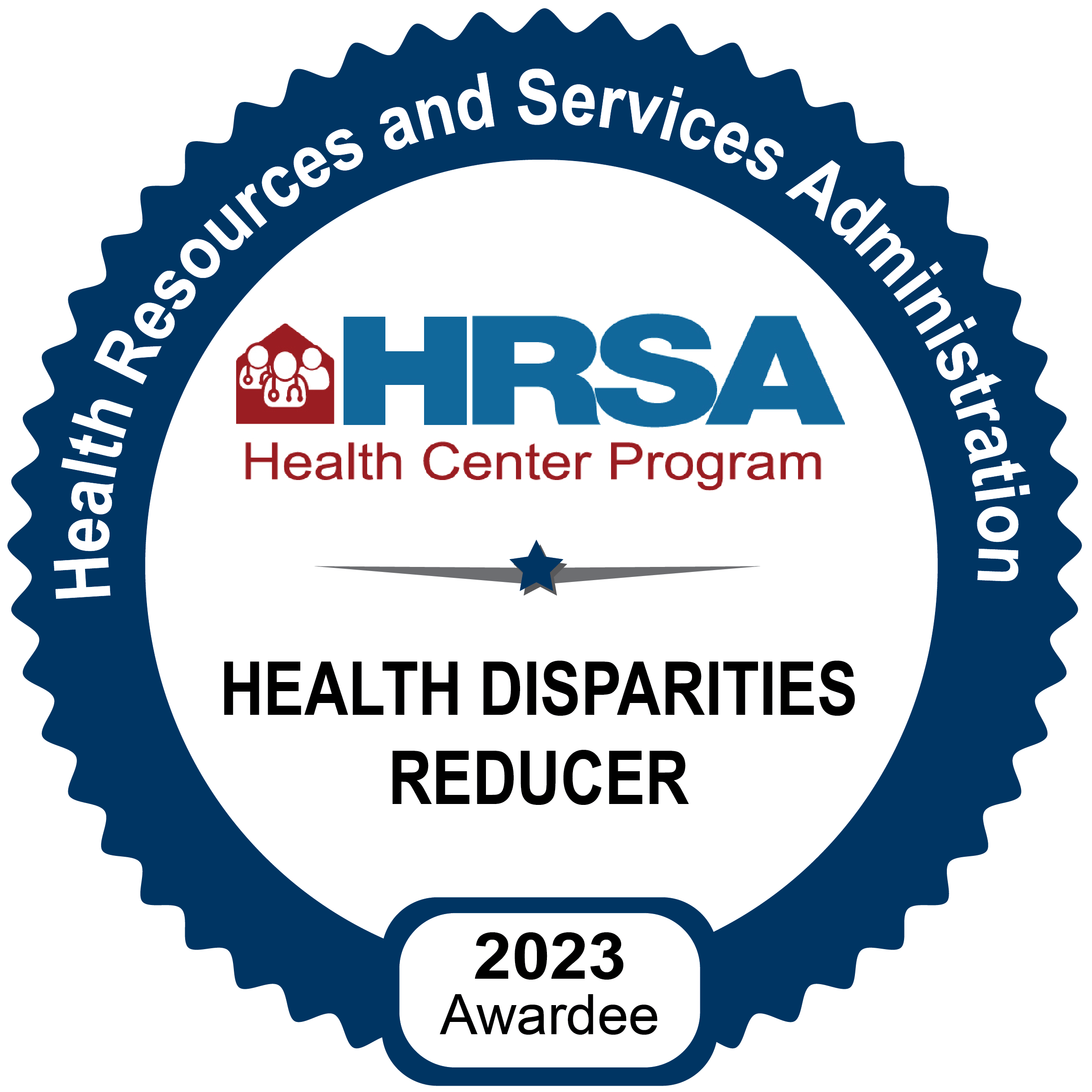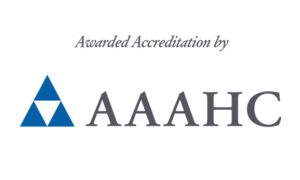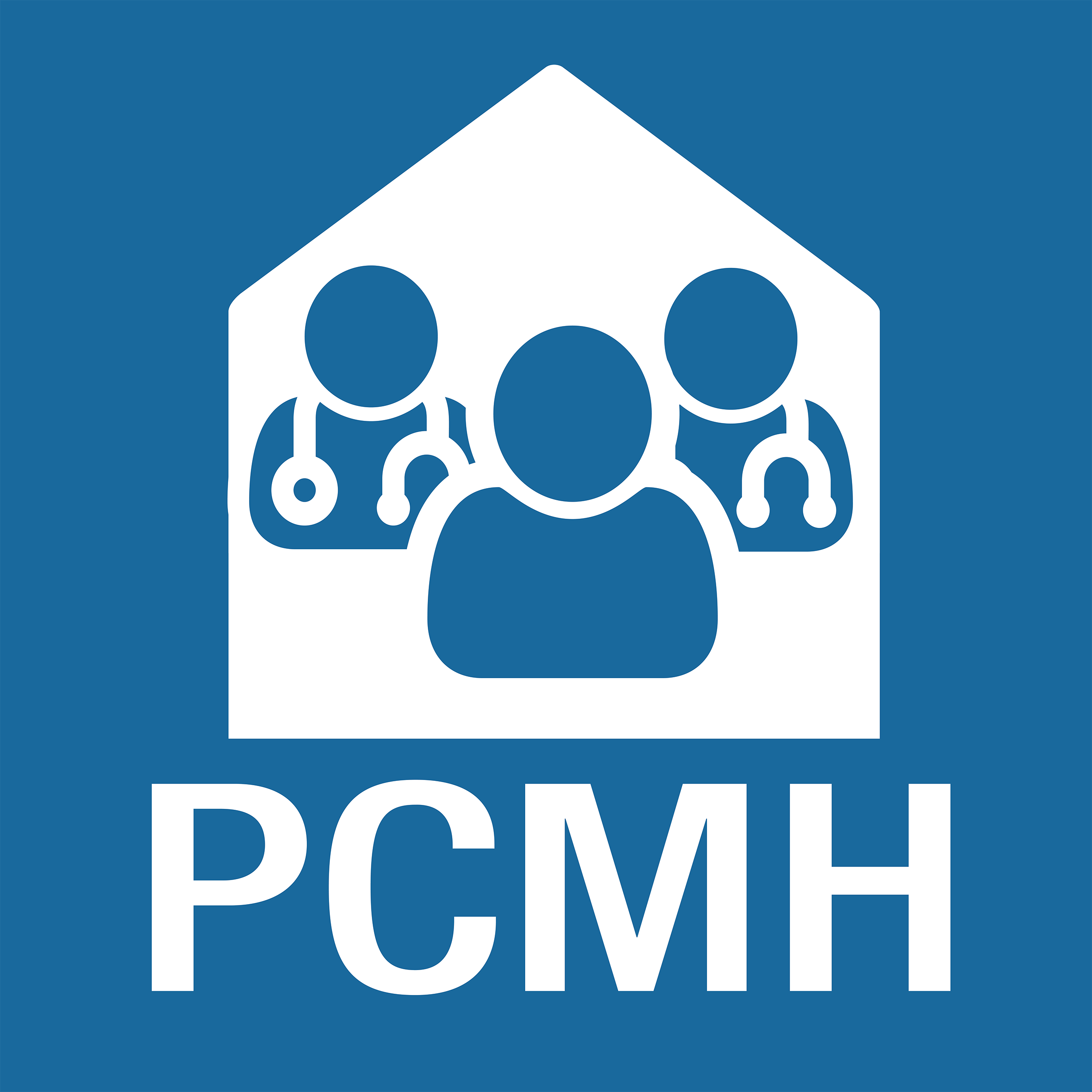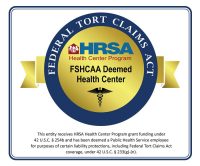On a routine morning flight from Denver to Charlotte, NC, on Saturday, February 21, 2015, and shortly after takeoff, a pilot’s voice came over the intercom asking if any medical personnel were traveling with them that morning. Dr. Janice Weixelman, traveling with her husband, and on their way to Florida for some vacation time, responded to the request and walked a few rows behind her to find a gentleman complaining of severe heartburn, sweating profusely and turning gray. One of the flight attendants also worked as an OR nurse and another passenger, a Physician Assistant, also responded.
After an initial screening of the patient, Dr. Weixelman recognized the signs of a heart attack and asked the other responders to help get the patient to the galley of the plane where he was laid on his back and she completed a further evaluation in the very narrow area. Ten minutes into the flight and after completion of the evaluation, Dr. Weixelman gave the order for the pilot to divert the flight to the nearest airport. While in the air, and utilizing very basic supplies and equipment, Dr. Weixelman and her on-board staff started an IV, borrowed bandaids from passengers to hold the IV in place, administered oxygen, gave aspirin and monitored the patient for an additional 45 minutes until the plane landed in Kansas City. Please keep in mind that Dr. Weixelman did not have sterile gloves to work with because the only gloves provided were used as a tourniquet to start the IV so a flight attendant poured vodka on her hands to clean them and there were other improvisations were used to get this patient cared for.
While working to stabilize and keep the patient calm, Dr. Weixelman spoke to him and learned he was from Denver, his name was Bud and was on a business trip. In Kansas City, emergency personnel was waiting for the patient, took him off the plane and to the hospital for further care.
It’s tough enough being a doctor, but, being a doctor at the cruising altitude of 38,000 feet, placing an IV in turbulence, and leading a medical team to stabilize a heart attack patient for 45 minutes until help arrives is not just a doctor – she is a hero – a Valley-Wide hero. Thank you, Dr. Weixelman, you are appreciated.


